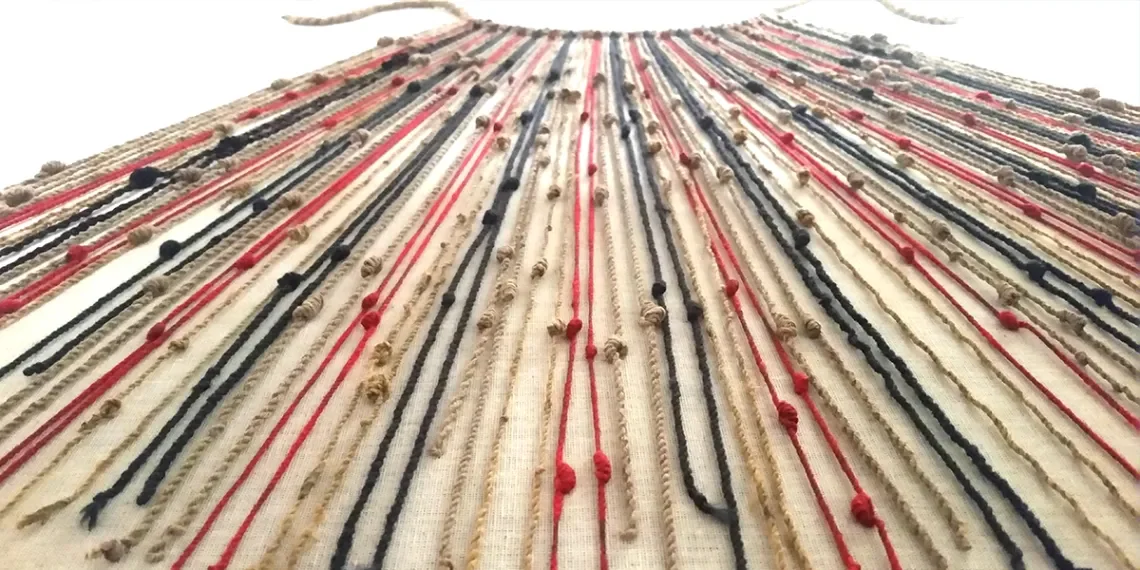
TRAININGS
Our team teaches in a variety of settings throughout the year. To receive our training & course announcements, get our email updates!
IDSov Masterclass
U.S. Indigenous Data Sovereignty & Governance Summit 2026
APRIL 14, 2026 | TUCSON, AZ
As part of the 2026 IDSov & Gov Summit, the USIDSN will host an IDSov Masterclass. The aim of this IDSov Masterclass is to share insights, strategies and tools with those who want to better understand how they can engage with IDSov and how it can benefit their communities and organizations. Invited experts will take participants through sessions on various topics focused on IDSov Foundations; Data for Governance and Self-determination; IDGov frameworks; Relational Infrastructures; and Growing Data Warriors.
-
The Masterclass sessions are designed to be lively and interactive with plenty of opportunities for small-group discussion. For this reason, the Masterclass will be capped at 100 people and available to Summit participants on a first-come basis.
-
Lead: Cheryl Ellenwood, PhD
with members of the US Indigenous Data Sovereignty Network
We are planning more offerings explore
our upcoming courses below:
Indigenous Data Sovereignty & Governance
This course explores the role of Indigenous data as an exercise of sovereignty in Indigenous governance and self-determination. Indigenous Data Sovereignty (IDSov) refers to Indigenous Peoples’ rights to manage and control the collection, application, and use of data about their people, cultures, traditions, lands, and the non-humans to which they relate. Indigenous data governance (IDGov) activates IDSov by applying Indigenous Peoples’ and Tribal Nations’ cultures, values, principles, and mechanisms to the management and control of Indigenous data—both tribal governance of tribal data and non-tribal stewardship of Indigenous data.
-
Through case studies, interactive activities, and engagement with wise practices across the United States and internationally, this course will examine:
(1) how Indigenous Peoples use data for governance in their own communities;
(2) how Indigenous Peoples govern their data, including applying Indigenous standards to evaluate how other data actors and stewards manage Indigenous data; and
(3) how other data actors and stewards manage Indigenous data, with attention to accountability and alignment to Indigenous data rights and priorities.
With a focus on both IDSov scholarship and applied data governance practices, participants will gain hands-on experience using data for governance and developing strategies that uphold Indigenous rights and participation across data lifecycles and ecosystems.
-
Stephanie Russo Carroll, DrPH, MPH
with members of the US Indigenous Data Sovereignty Network
Indigenous Research Governance
Indigenous self-determination in research prioritizes Indigenous values, Indigenous control of research processes, and Indigenous community relations, all which challenge longstanding practices that enable non-Indigenous researchers to claim expert status over Indigenous Peoples, places, and knowledges. The development of tribal legislation, policy, and research review mechanisms has been key to articulating Indigenous rights and interests and reclaiming control of the research process and definitions of knowledge. At the same time, mainstream governments and institutions continue to oversee research via guidelines, institutional review boards, and externally-defined policies and practices.
-
This course uses codes, policies, and protocols to consider the historical, ethical, and policy contexts for increasing self-determination for Indigenous Peoples in research in light of the current national and international policy climate.
At the completion of this course, students will be able to:
Describe the relationship between research governance and sovereignty;
Discern how Indigenous research governance may differ from mainstream research governance; and
Understand different features of review mechanisms that govern research with Indigenous Peoples, nations, communities, and lands.
-
Indigenous Organizations
This course examines Indigenous organizations and Indigenous organizational concepts. It seeks to discuss the role of community-based organizations (Indigenous-led and Indigenous-serving) as key rights holders and stakeholders. We introduce a regional, national, and global perspective to Indigenous organizations (via intermediaries and networks) as socio-political actors within Indigenous communities that effectuate change.
-
At the completion of this 6-hour course, students will walk away with a framework for assessing social and institutional environments that acknowledges the value of Indigenous organizations and community building.
-



